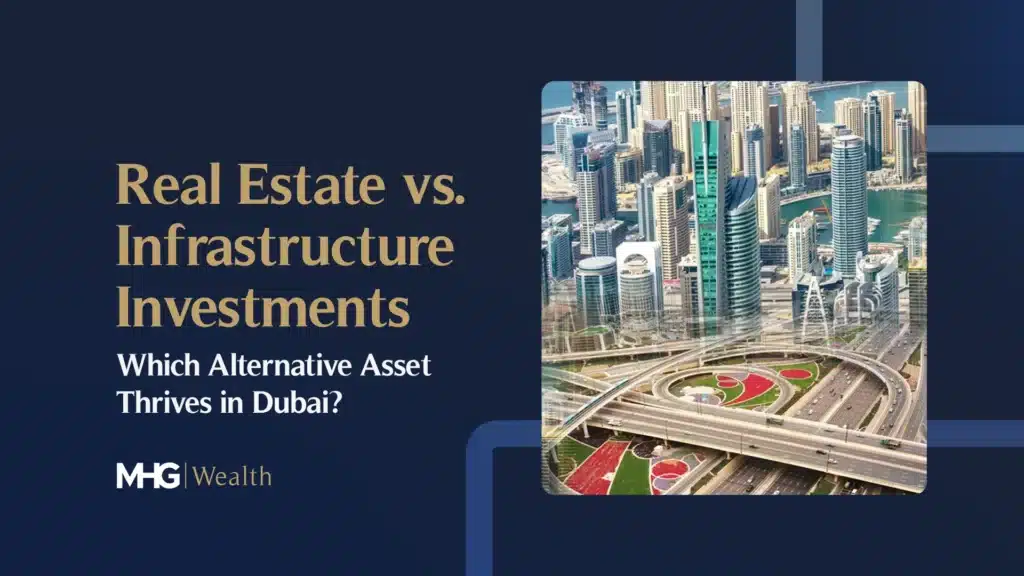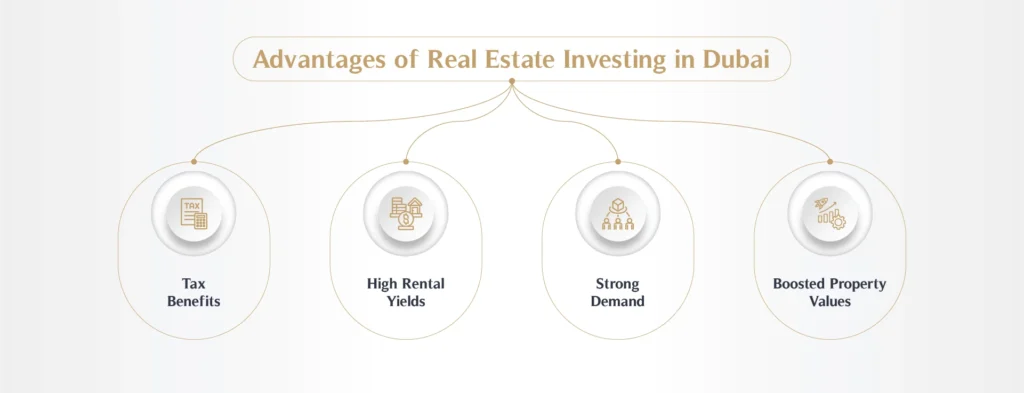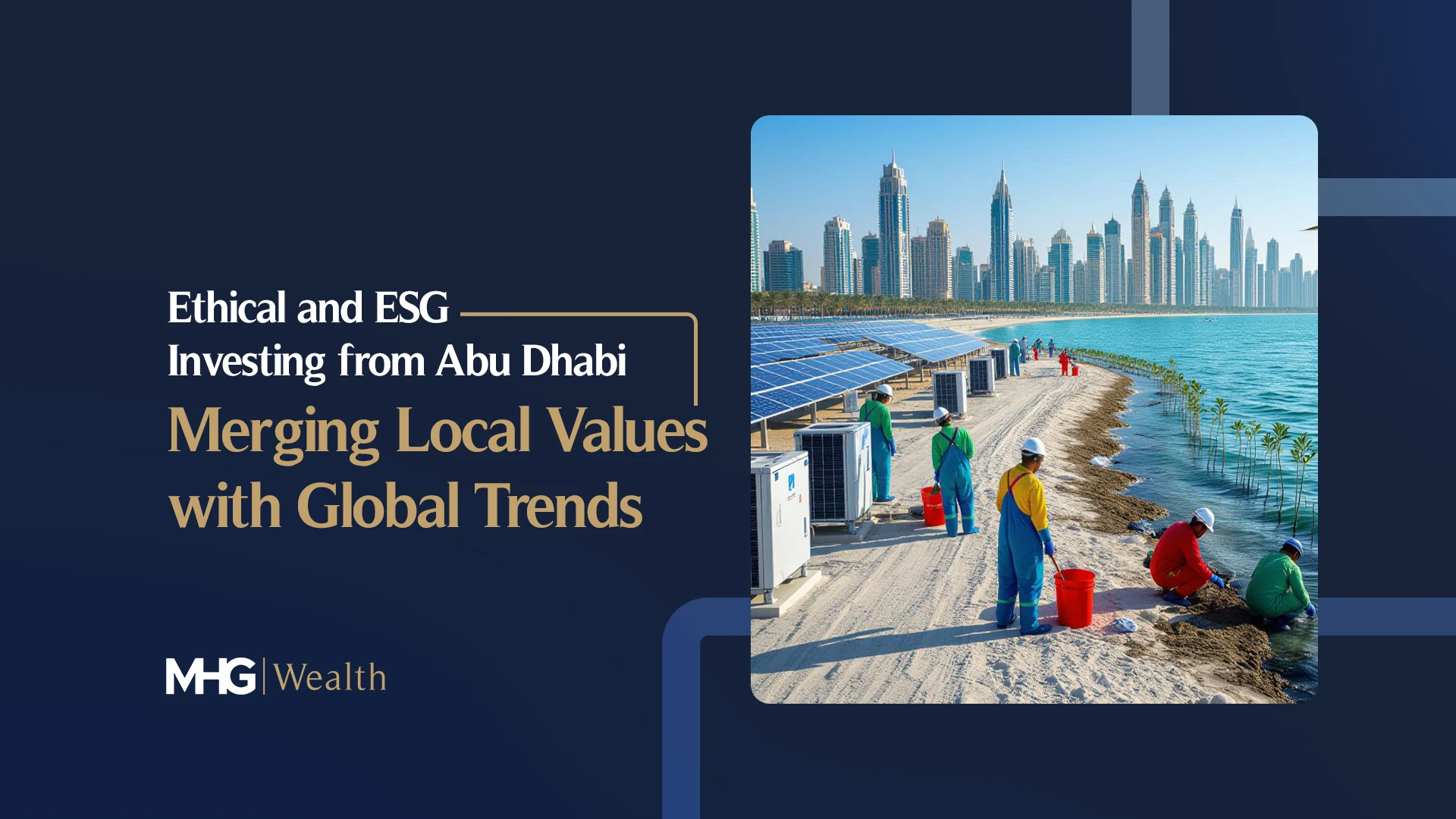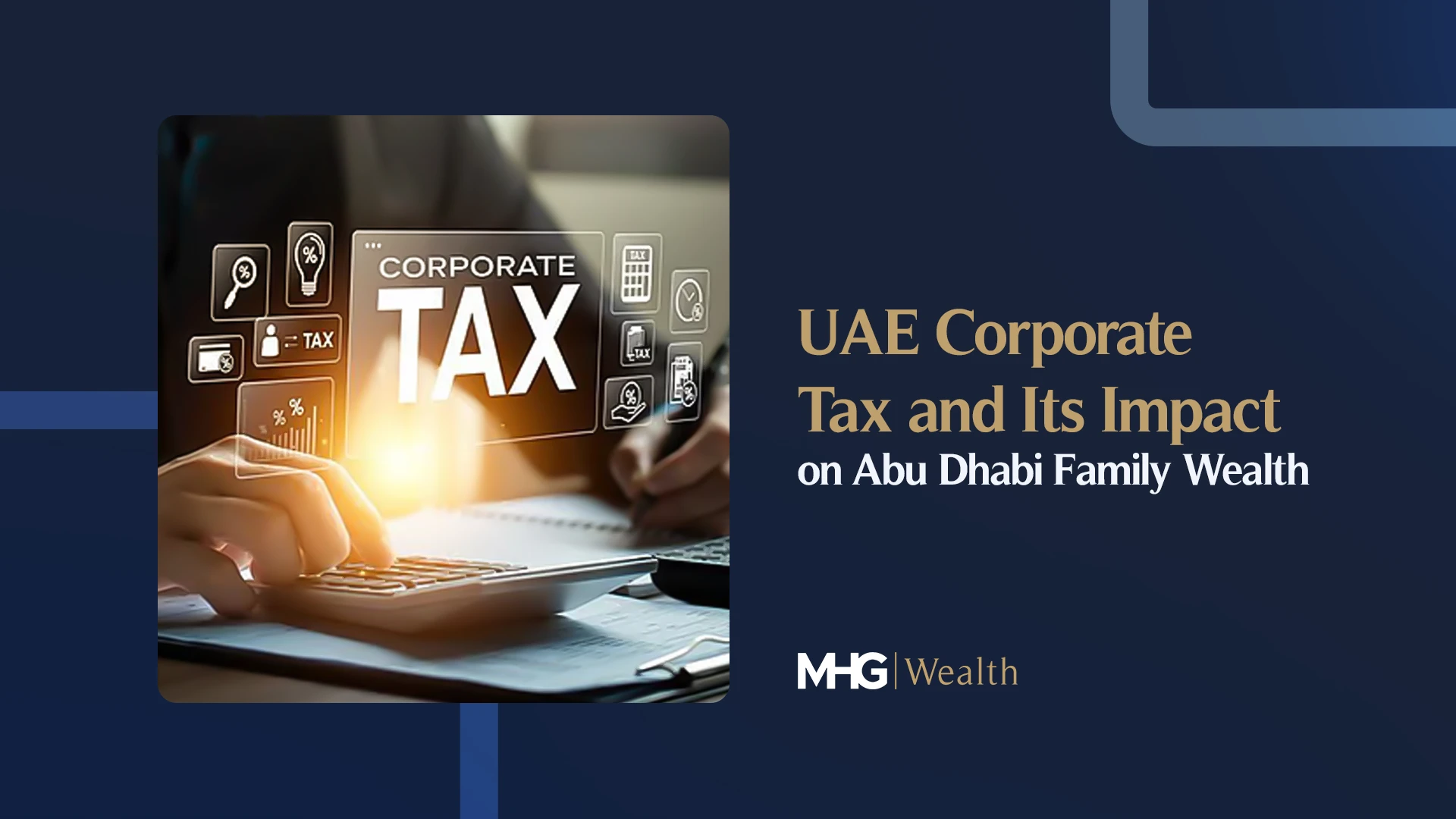Dubai, a global beacon of economic growth and innovation, has solidified its reputation as a hub for lucrative investment opportunities. With its strategic location, business-friendly policies, and rapidly expanding infrastructure, it has become a magnet for investors worldwide.
Among the many opportunities in Dubai’s financial landscape, real estate and infrastructure stand out as prominent alternative asset classes, offering unique advantages and challenges.
If you are keen on diversifying your portfolios and optimising returns, choosing between these two alternative investment options is crucial. This article provides an in-depth comparison of real estate and infrastructure investments in Dubai, offering insights to guide your alternative asset allocation decisions.
What Are Alternative Asset Classes?
Alternative asset classes represent a category of investments that go beyond traditional assets like stocks, bonds, and cash. They encompass a diverse range of options, including, hedge funds, commodities, infrastructure, and real estate or private equity. These assets have gained popularity due to their ability to offer unique benefits, such as portfolio diversification, reduced volatility, and opportunities for higher returns.
Real Estate and Infrastructure: Key Players in Alternative Investing
Two of the most sought-after alternative asset classes are real estate and infrastructure.
- Real Estate: This category involves investing in physical properties like residential apartments, commercial buildings, and industrial spaces. In Dubai, where the property market thrives, real estate offers both rental income and long-term capital appreciation.
- Infrastructure: This involves investments in essential services such as transportation systems, renewable energy projects, and digital connectivity. Infrastructure investments are often characterised by long-term stability and predictable cash flows, making them attractive to investors seeking steady returns.
Why Alternative Assets in Dubai?
Compared to traditional assets, alternative investments offer several key advantages:
- Reduced Correlation: They often perform independently of stock market fluctuations, making them valuable during periods of economic uncertainty.
- Higher Potential Returns: Certain alternative assets in Dubai, such as luxury real estate or innovative infrastructure projects, can deliver exceptional returns when carefully selected.
- Tangible Investments: Real estate and infrastructure investments are grounded in physical, measurable assets, offering a sense of security and control to investors.
Dubai’s Role in Global Alternative Asset Opportunities
Dubai is increasingly recognised as a global hub for alternative investments. Its strategic location, forward-thinking government policies, and thriving economy make it a prime destination for investors. With initiatives like the Dubai Vision 2040 focusing on sustainable development and urbanisation, the city provides fertile ground for real estate and infrastructure investments. Whether you are an experienced investor or exploring alternatives for the first time, Dubai offers a dynamic landscape to diversify your portfolio.
Real Estate Investing in Dubai
Real estate has long been a cornerstone of Dubai’s economy, offering unparalleled opportunities for local and international investors. From high-end residential properties to innovative trends like co-working spaces, the Dubai real estate market caters to a wide range of investment preferences.
Types of Alternative Real Estate Assets
- Luxury Apartments and Villas
- These properties attract wealthy residents and expats seeking world-class living standards.
- Commercial Properties:
- Dubai’s reputation as a business hub ensures high demand for office spaces, retail outlets, and shopping malls.
- Industrial Spaces:
- Warehouses and logistics facilities benefit from Dubai’s strategic position as a global trade centre.
- Emerging Trends:
- Co-Working Spaces: Rising demand due to the growth of startups and remote working cultures.
- Serviced Apartments: Popular among business travellers and tourists for their flexibility.
- Vacation Rentals: Capitalising on Dubai’s thriving tourism sector.
Advantages of Real Estate Investing in Dubai
- Tax Benefits: Investors enjoy tax-free rental income and capital gains.
- High Rental Yields: Properties often deliver yields of 6-10%, significantly higher than global averages.
- Strong Demand: A growing population of expats and tourists drives consistent demand for properties.
- Boosted Property Values: World-class amenities and infrastructure projects continually enhance the value of investments.
Challenges of Real Estate Investing in Dubai
- Oversupply Risks: Certain property sectors, like luxury apartments, face oversaturation, which may suppress returns.
- Regulatory Changes: Adjustments to foreign ownership laws or rental regulations can affect profitability.
Infrastructure Investment in Dubai
Infrastructure investments in Dubai are supported by the government’s ambitious vision for the future. These projects, ranging from transportation to renewable energy, are designed to enhance the city’s global competitiveness and align with sustainable development goals.
Key Sectors for Infrastructure Investment
- Transportation: Dubai’s metro systems, international airports, and logistics hubs are vital components of its connectivity.
- Renewable Energy: Solar initiatives like the Mohammed bin Rashid Al Maktoum Solar Park highlight Dubai’s commitment to clean energy.
- Digital Infrastructure: Investments in 5G technology and smart city innovations are reshaping Dubai’s urban landscape.
Benefits of Infrastructure Investment in Dubai
- Stable Cash Flows: Revenue from public-private partnerships (PPPs) ensures consistent returns.
- Government Backing: Projects aligned with Dubai Vision 2040 benefit from robust political and financial support.
- ESG Alignment: Infrastructure projects often meet environmental, social, and governance (ESG) standards, attracting sustainability-focused investors.
Challenges of Infrastructure Investment in Dubai
- High Capital Requirements: Infrastructure projects demand significant initial investments, limiting access for some investors.
- Longer Return Cycles: Returns may take years to materialise, requiring patience and a long-term commitment.
- Regulatory Dependence: Success depends on favourable policies and stable political environments.
Real Estate vs. Infrastructure: Comparative Analysis
| Real Estate | Infrastructure | |
| Returns and Risks | Offers higher short-term returns, especially in sectors like luxury rentals. | Provides steady, predictable returns over the long term. |
| Market Volatility | More susceptible to economic fluctuations and market demand. | Resilient during downturns due to long-term contracts and essential nature. |
| Liquidity | Easier to buy and sell due to an established market. | Typically less liquid, requiring extended commitments. |
| Alignment with Trends | Benefits from Dubai’s population growth and urbanisation. | Aligns with sustainability and technological advancements, such as smart city initiatives. |
Alternative Asset Allocation Strategies for Dubai Investors
Diversification Between Asset Classes
To maximise returns and mitigate risks, consider splitting your portfolio between real estate and infrastructure investments based on:
- Risk Appetite: High-risk tolerance? Go for real estate for quick gains. Prefer stability? Opt for infrastructure.
- Investment Horizon: Short-term goals favour real estate, while infrastructure suits long-term objectives.
Balancing Traditional and Alternative Assets
Incorporate traditional assets like stocks and bonds alongside alternative investments to achieve a balanced portfolio. Diversification is key to weathering market volatility and seizing growth opportunities.
Focus on Emerging Sectors
Investing in high-growth sectors like renewable energy or digital infrastructure can yield significant rewards, particularly in a forward-thinking city like Dubai.
Real Estate Investing Strategies for 2025: Maximizing Returns
When it comes to real estate investing, the buy-and-hold strategy of real estate investing is a popular approach, especially for those seeking passive income. This strategy involves purchasing properties and holding them for the long term, benefiting from rental income and property value appreciation. It’s an ideal real estate investing strategy for passive income, allowing investors to build wealth gradually with minimal day-to-day involvement.
The buy-and-hold real estate investment strategy can be applied in various ways, such as buy-to-let investment strategies, where the focus is on purchasing residential properties to rent them out. This strategy works well in markets with high rental demand, where property investment strategies can offer significant returns due to growing rental yields.
For those seeking to diversify, there are also alternative property investment strategies which focus on niche areas like student housing or vacation rentals. These options may offer higher yields but also come with increased risk and management complexity.
Looking ahead, best real estate investment strategy in 2025 will depend on your risk tolerance and investment horizon. While the best property investment strategy often varies by location, the best real estate investment strategy remains consistent: prioritize research, select properties in high-demand areas, and stick with a long-term plan to maximize returns.
As the real estate market continues to evolve, property investment strategies will need to adapt to the latest trends, such as the rise of alternative property investment strategies focusing on technology and sustainability.
Conclusion
Dubai offers a dynamic and lucrative investment landscape for alternative assets, with real estate and infrastructure emerging as standout opportunities. Real estate provides high yields and quicker returns, while infrastructure offers stability and alignment with long-term trends like sustainability.
Ultimately, the choice between real estate and infrastructure depends on your financial goals, risk appetite, and investment horizon. By understanding these opportunities and tailoring your strategy, you can capitalise on Dubai’s dynamic market. For personalised advice, consult with MHG Wealth team to navigate these choices and achieve your financial goals with confidence.






